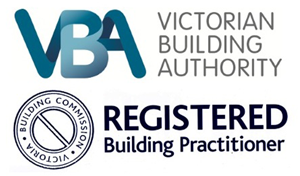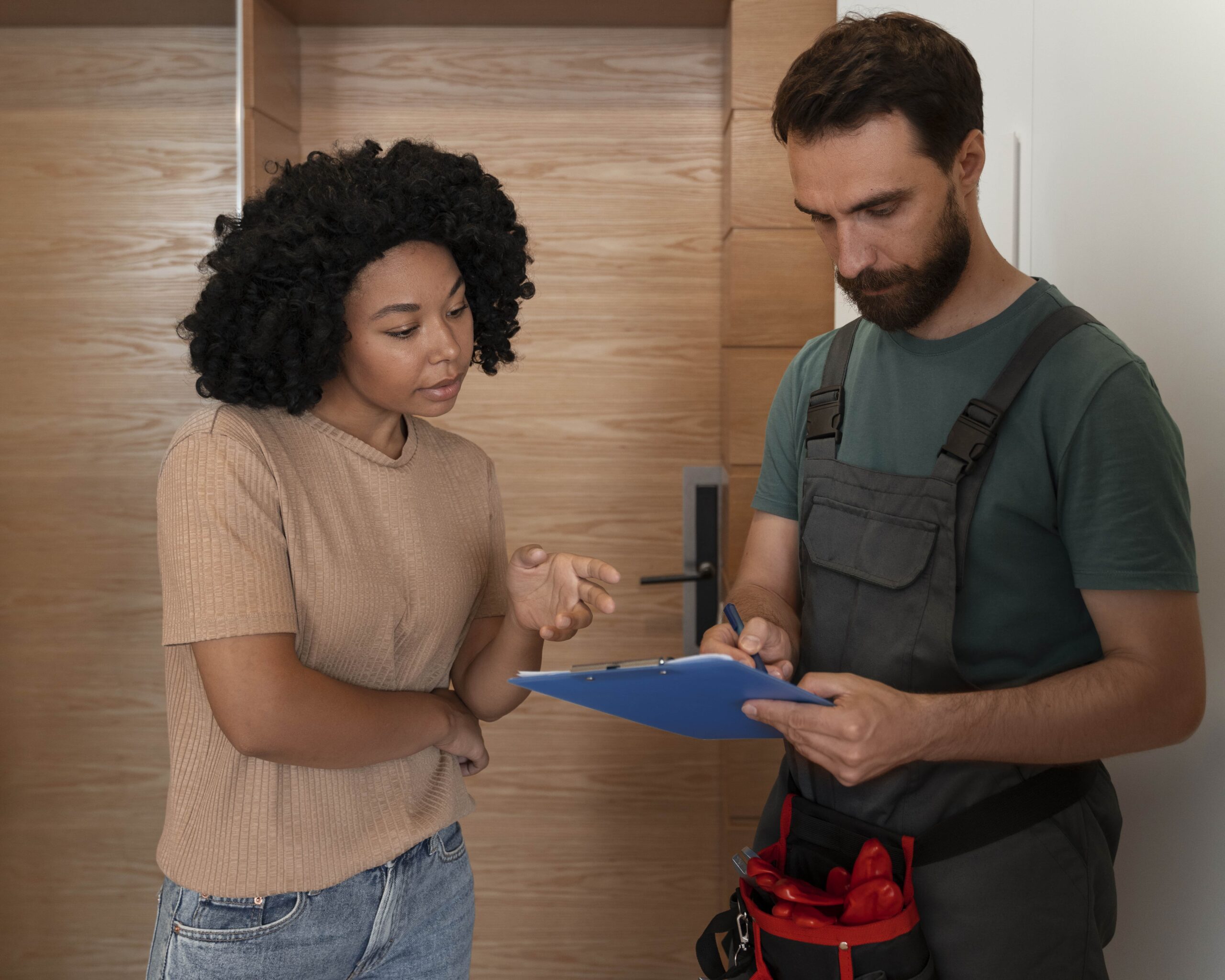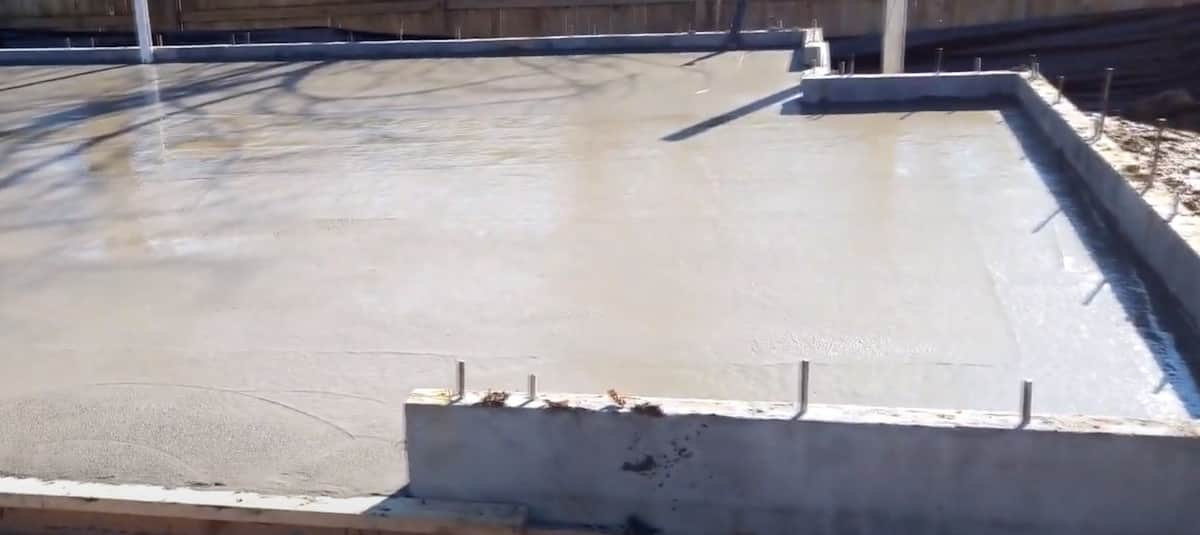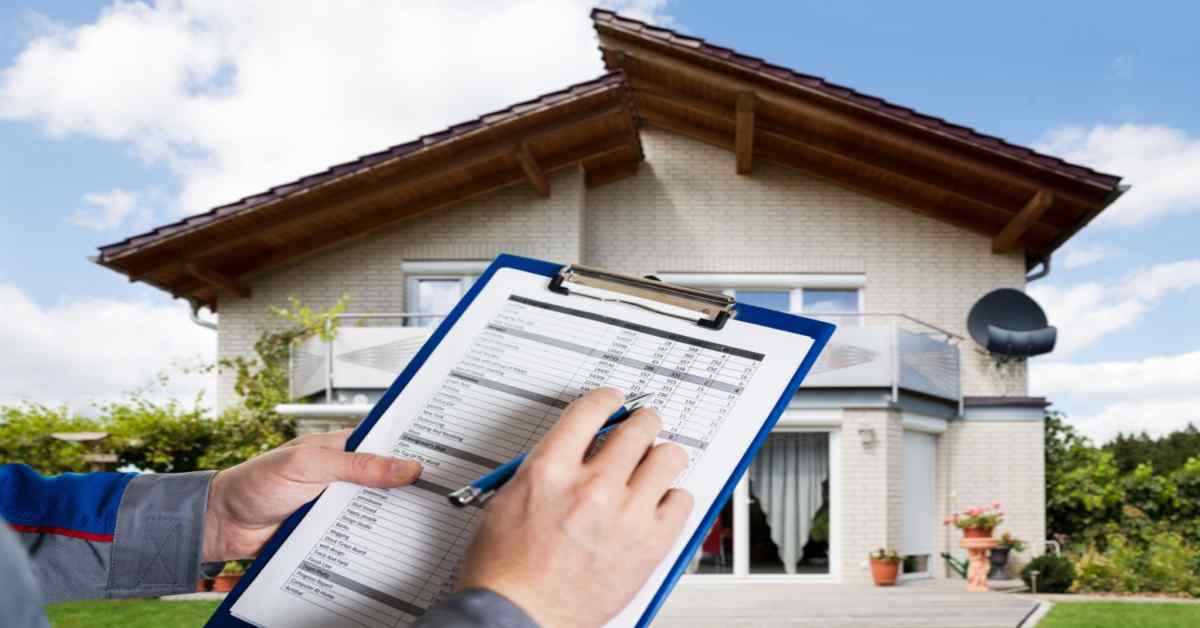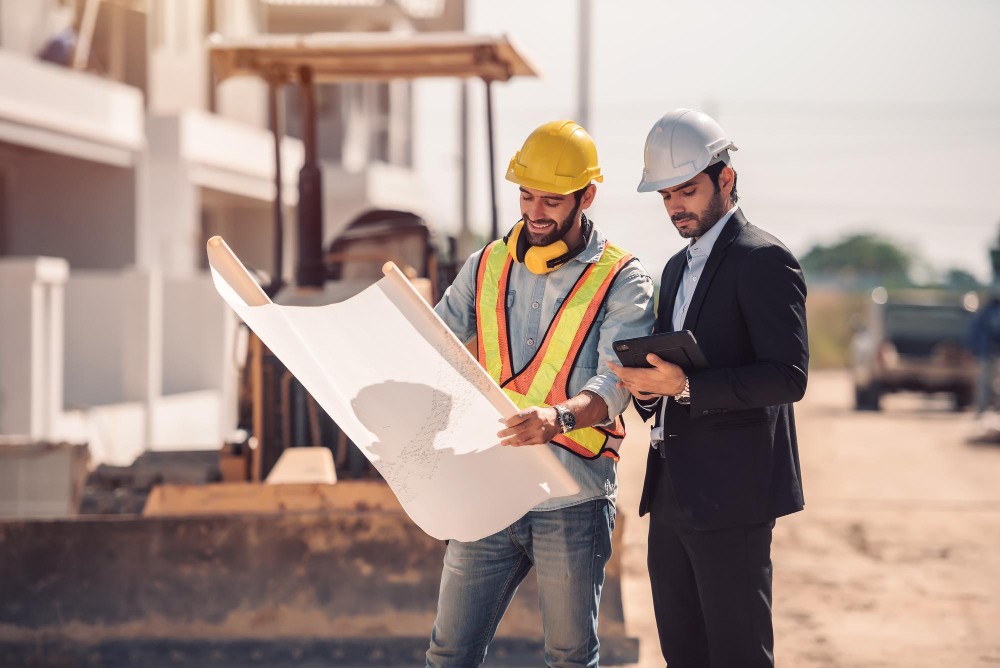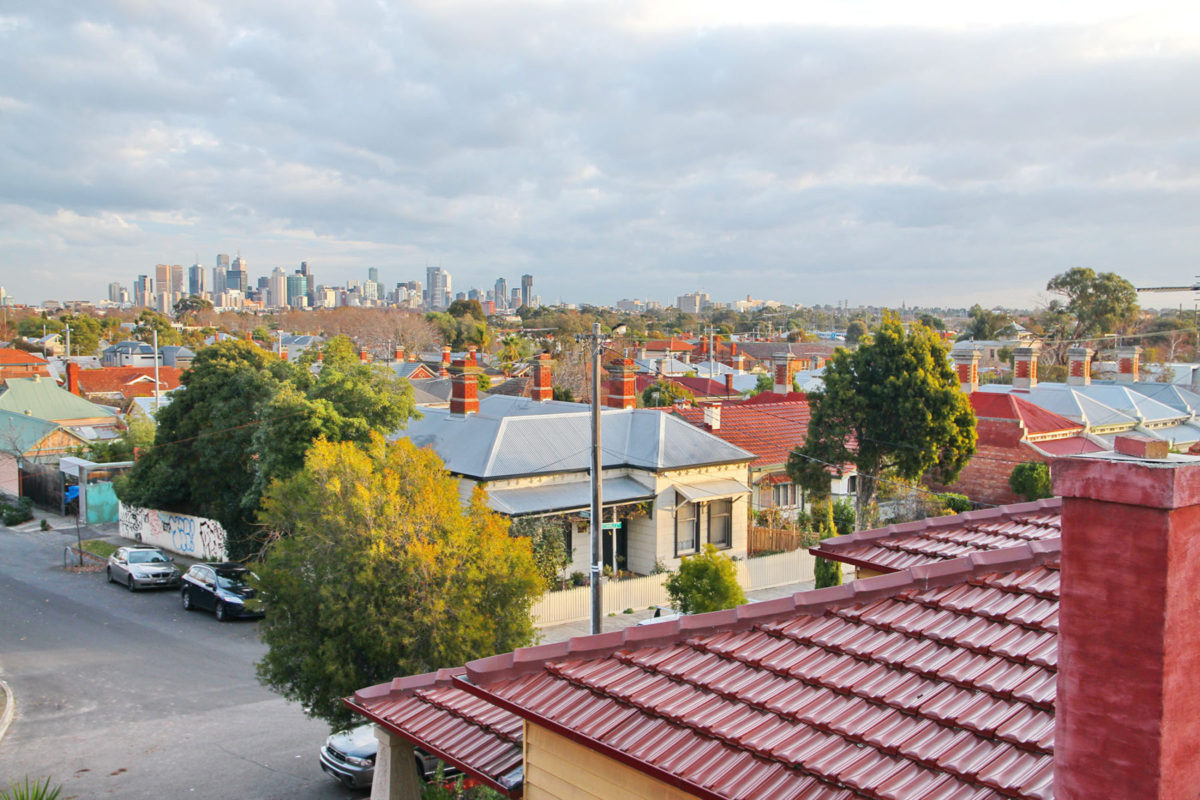What Does Pre-Purchase Inspection Mean?
A pre-purchase inspection is a comprehensive assessment of a property’s condition, conducted by a licensed inspector before you finalise the purchase. The purpose of the inspection is to identify any defects, safety hazards, or necessary repairs that could affect the value of the property or your decision to buy it. It provides buyers with a clear understanding of the property’s current state, ensuring that there are no hidden issues that could lead to costly repairs after the purchase.
Common Areas Covered in a Pre-Purchase Inspection
Pre-purchase inspections cover a wide range of structural and functional elements of a property to ensure its overall safety and livability. Key areas include:
- Roofing, Internal and External – Checking for leaks, damage, or wear that could cause future issues.
- Roof Frame – Inspecting the structural integrity of the roof’s support system.
- Walls, Internal and External – Assessing for cracks, dampness, or signs of structural weakness.
- Doors and Windows – Ensuring proper functionality, security, and sealing to prevent drafts or water intrusion.
- Guttering and Downpipes – Checking for blockages, rust, or damage that could cause water overflow.
- Balconies, Patios, and Stairs – Examining for structural safety, wear, and potential hazards.
- Plumbing Overview – Inspecting pipes, drainage, and water pressure to detect leaks or potential plumbing issues.
- Electrical Overview – Ensuring that the electrical systems are safe and meet current standards.
- Maintenance Issues – Identifying any general wear and tear or areas that require regular upkeep.
The Costs of Pre-Purchase Inspections
Several factors can influence the cost of a pre-purchase building inspection. Here are five common cost factors:
- Property Size – Larger properties require more time to inspect, which increases the overall cost.
- Age of the Property – Older properties may have more issues to evaluate, making the inspection more extensive and therefore more expensive.
- Type of Property – The inspection cost can vary based on whether the property is a standalone house, townhouse, apartment, or commercial building.
- Inspection Depth – Basic inspections are less costly than comprehensive ones, which may include additional services like pest inspections, electrical checks, or thermal imaging.
- Location of the Property – If the property is in a remote or hard-to-access area, travel costs or higher fees may apply.
A pre-purchase building inspection is a critical step in making an informed property purchase decision. By understanding the areas covered, potential costs, and the overall importance of this inspection, buyers can avoid hidden surprises and feel more confident in their investment. Whether you’re purchasing a home or an investment property, taking the time to conduct a thorough inspection can save you from costly repairs and ensure that you’re buying a property that’s both safe and sound.
Make sure to hire a qualified inspector to give you a comprehensive report, so you can proceed with your purchase knowing exactly what you’re getting into.

